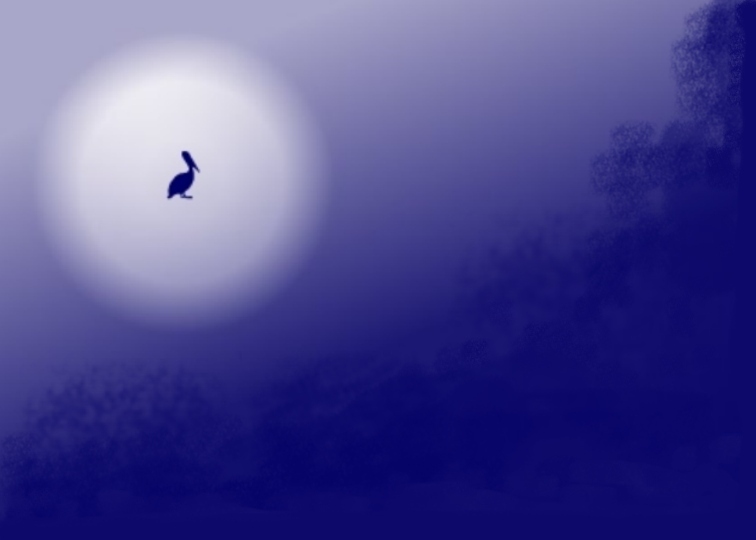Notes |
Comment |
|
I can hear objections clamouring here. I think I can answer them but if I do, I'll get distracted so I'll leave them for now. |
The Most Glorious of LiesAccording to Camus 'Artistic creation is a demand for unity and a rejection of the world. But it rejects the world on account of what it lacks and in the name of what it sometimes is.' (The Rebel, 1951). This seems right to me, although I wouldn't necessarily cast the observation using the metaphor of struggle and resistance, as Camus does. Life sometimes seems to make sense. Sometimes it doesn't. If we are lucky and don't have to suffer through turbulent times, it might make sense for most of our lives. The physical world is stable, until the next earthquake or hurricane. The social world is reliable, until the next war or terrorist attack. We can operate in the financial world with confidence, until the next crash in the stock market or meltdown of the banking system. On the personal level, we live under the shadow of our own mortality and with the risks that crowd around those we care about, risks that make us, in Bacon's words, 'hostages to fortune'. Camus's point, as I understand it, is that art, in these circumstances, is a way of making sense. This has got nothing to do with subject matter. A work of art does not necessarily imply explanations or reassurances. The unity it involves is functional not utilitarian. It arises solely from the fact that the work, by its nature, is an object - circumscribed, finished, stable. It may be challenging or comforting, chaotic or disciplined, realistic or highly abstract but, whatever its medium or content or style, it derives its significance from the fact that it defines a fixed and delimited point of view or angle on reality. That said, though, I suspect that what we commonly call 'great art' is characterised by a certain kind of subject matter. It does offer reassurance at some fundamental level. If, for example, Franzen is right and literature satisfies a religious need, then that need is likely to require a feeling of wholeness and coherence, the validation of the self through the integration of its experience - making sense, in other words. This is what great art does. No matter how terrible a picture of the world it presents, it somehow transcends the horror and the despair and affirms the ultimate significance of our lives. In this, of course, it is a great con, the most glorious of lies, second only perhaps to the grand illusion of the deity. The world isn't like that. Or at least not entirely. Perhaps only Rupert, in all his naive literalism, sees this clearly. 4 October 2008 |
Lighten up, can't you? Fred |
 |
 © Chris Else 2008 |
 |
